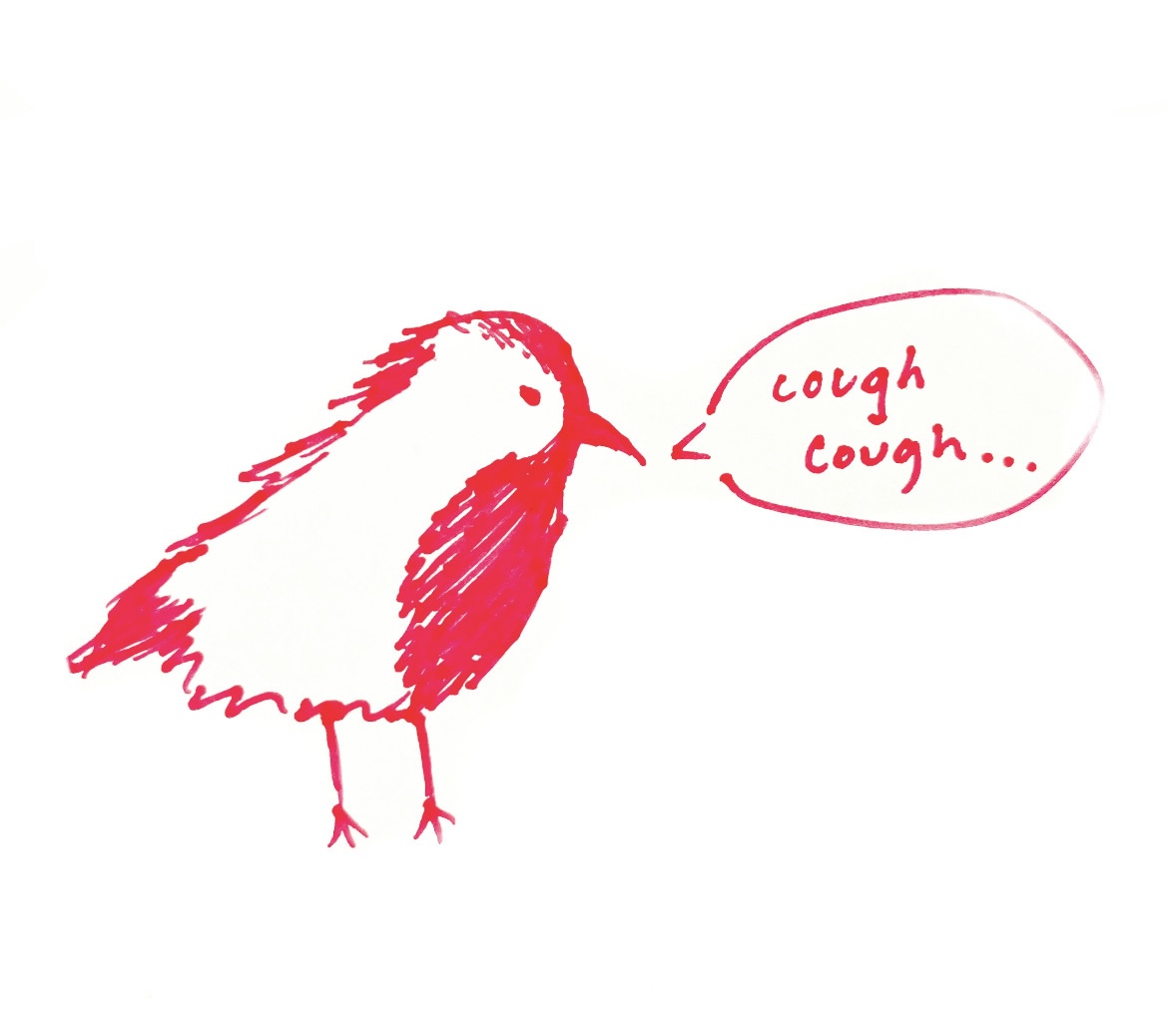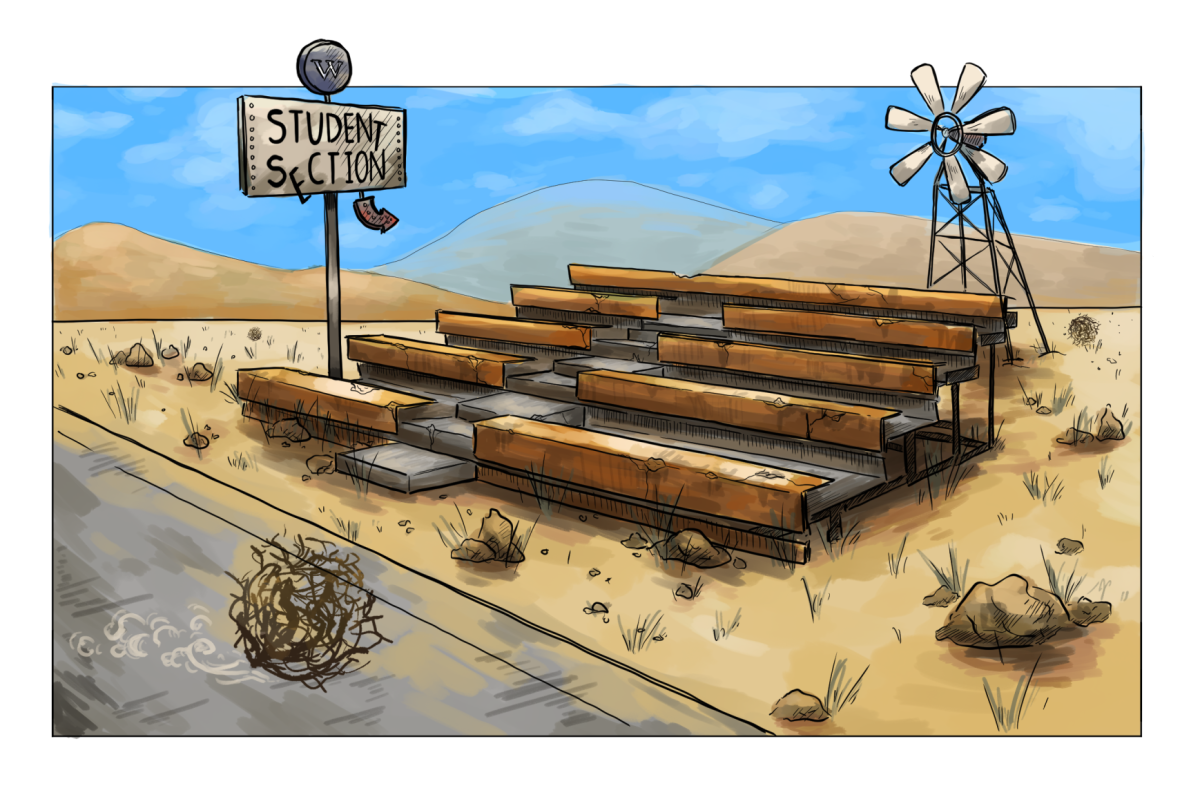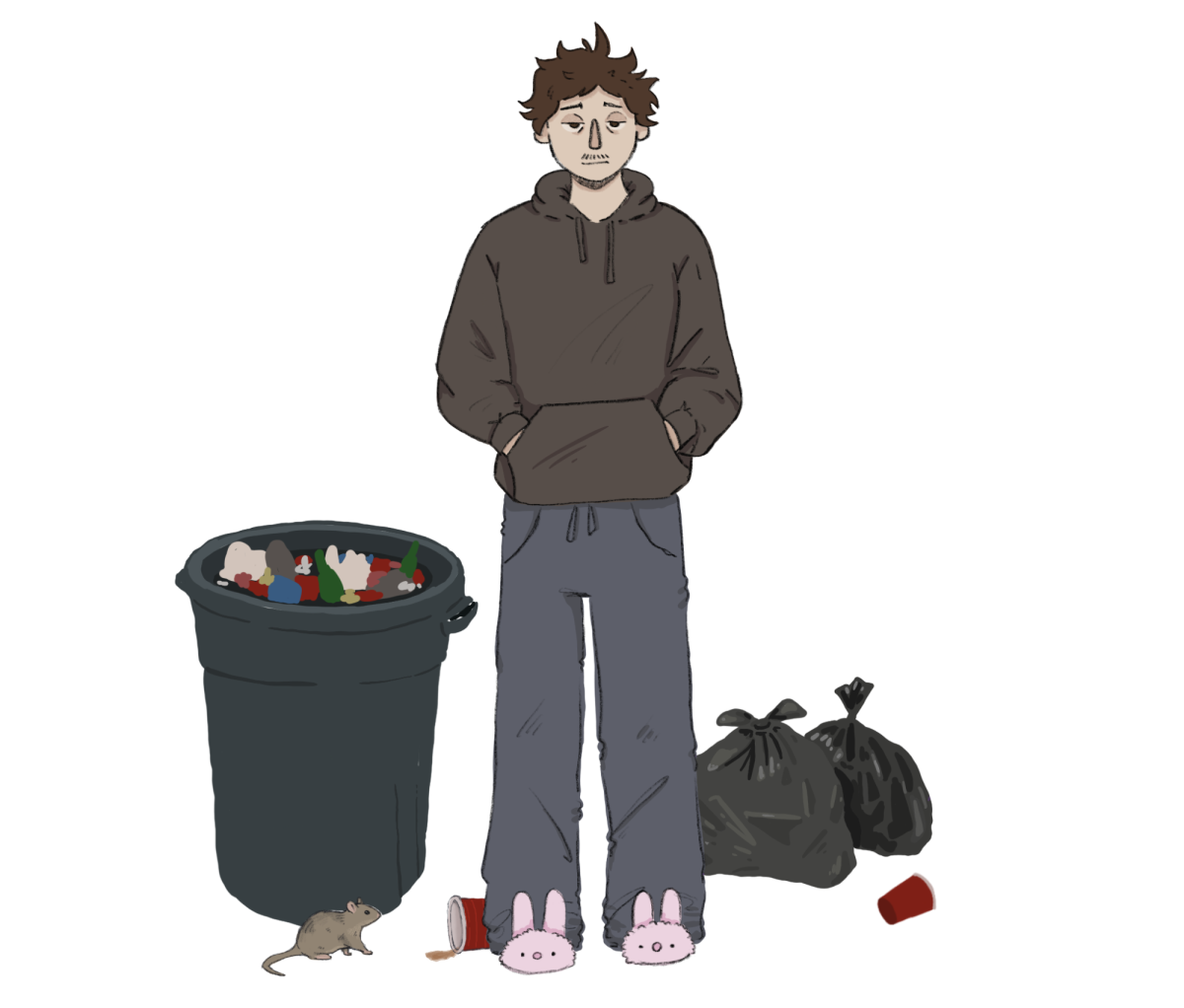I have to say that I am very disappointed in this new generation of Whitties. When I was a freshman, things were tougher. We weren’t as spoiled as these young people. The administration didn’t care about our feelings, and there was none of this “first-year” business. We were freshmen, and we knew it! Hell, by the time they were 14, we were already 18! They were still reading “The Great Gatsby” when I was voting for the damned president! We were tough! We smoked weed illegally and we liked it better that way. We bought our booze from the liquor store. Safeway only sold beer and wine, and we had to make do. Gas was less than $3 a gallon, and minimum wage was still $8.55. We saw plays in a building covered in scaffolding. Memorial Hall was still not earthquake proof. We even had to make do with only four tennis courts––and we were grateful! You know why? Because we were built of sterner stuff, I’ll tell you what.
I remember a simpler time when only 5 percent of Americans had smartphones. (Look it up; this is true.) We worried about the safety button that security introduced because so many students did not have iPhones. When we wanted to know something, we pulled out laptops out of our bags and waited for Whitman wireless to load as God intended. And we didn’t have any of your fancy computers either. MacBook Air? Please. Who could afford that? It only came out that year, for goodness sake. #prolife #notwhatImeant. And iPads? iPads were new, fancy and uncommon, and none of us thought college students would need one. Now every Tom, Dick and Harry is playing Angry Birds in class, and you know what? It makes them weak. Look what it did to Steve Jobs. I’m not saying technology made him weak, but he was alive and kicking when I was a freshman.
Technology has truly become the scourge of college culture. These days, I can barely understand underclassmen. Cut me some slack. When I first came to Whitman, Facebook was still cool with the youths. Hashtags had only existed for a year, and all this speaking with hashtags business? We didn’t dream of it. And we couldn’t clean “all the things” because IT HAD NOT BEEN INVENTED YET. Adele was still a kind of computer to us. When we grappled with our heartbreak, we had no soundtrack. We sucked it up in a stoic silence. “Game of Thrones” was just a book, Netflix never produced a series and Hulu had only one ad per commercial break.
And what has happened to the hallowed culture of academic inquiry that used to define college life? When I was a freshman, we had to be willfully ignorant of our power and privilege on our own. We didn’t have any symposiums to “educate” us so we feel better about our inability to fully understand the intricacies of the unfair and invisible bias in our favor. And Whitman still had an education department––flourishing academics could actually learn about teaching before deciding that it would be their career. Now you can just jump right in with no training whatsoever. But even from the beginning, we were learning real things––we started Encounters with the “Odyssey”––now that’s a classic! None of this wishy-washy “Frankenstein” business. It was a trashy novel when it came out and now all the freshmen are reading it? Let’s just put “Twilight” on the syllabus, and call it good. And––to add insult to injury––now they want to take out St. Augustine? How will the incoming class understand suffering? I tell you, we had standards back then.
What has this college come to? Whitman College needs to take a firmer stance toward the inherent weakness of these young people with their parties and their Netflix binges and their drinking of all things fermented and distilled. Take a lesson from the good old days! A time when we worked hard and didn’t have so many things to help us get by. This college was founded as an institution of higher learning on good old fashioned values, after all, so it must stand firm against this sea of change. If we keep going in this direction, Whitman may become some bastion of useless knowledge too abstract to have any bearing on a world that is not only changing at such a rate as to leave many of our understandings outmoded, but also increasingly disconnected from the standards of a classical liberal arts education. A world wherein an increase in esoteric knowledge only serves to further alienate its disciples from the lived experience of the modern world. And that would be unthinkable.




